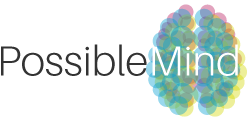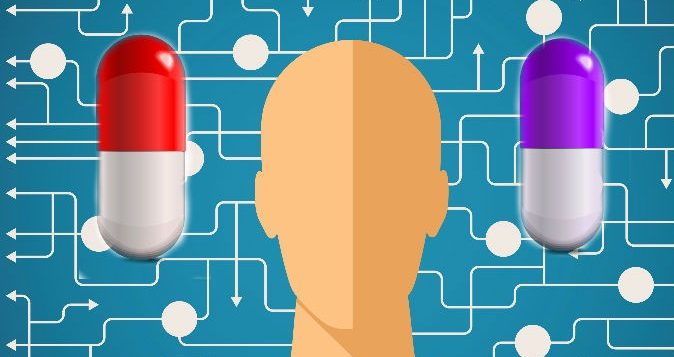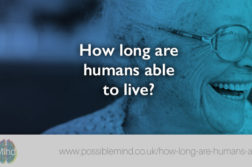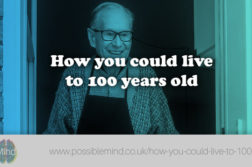In Beyond Science, Epoch Times explores research and accounts related to phenomena and theories that challenge our current knowledge. We delve into ideas that stimulate the imagination and open up new possibilities. Share your thoughts with us on these sometimes controversial topics in the comments section below.
The healing efficacy of placebos has risen exponentially in the past three decades. In the 1980s, the placebo effect (or response) was almost zero. Now, it accounts for more than 70 percent of an effect in a medical trial.
The implications of this rise in efficacy are astounding.
What is changing in our world so dramatically and so rapidly that the placebo effect has become ubiquitous? If placebos work increasingly well, what does that mean for the real medications that are tested against them before receiving approval for common useage? The urgent need to understand placebos in light of these serious health care considerations has driven Dr. William Tiller, Ph.D., professor emeritus at Stanford University, and Dr. Nisha Manek, M.D., formerly of the Mayo Clinic, to study the placebo effect.
The relationship between the body and mind has long been contemplated in placebo studies, but Tiller and Manek take this train of thought in an unusual direction.
Traditionally, a placebo is seen as something, like a sugar pill, that doesn’t have an effect on health in and of itself; it’s a person’s thoughts that must affect the body in some psychobiological way. But what if human intention physically changes the placebo and the placebo does have an effect on health in and of itself? What if the placebo is no longer inert?
But what if human intention physically changes the placebo and the placebo does have an effect on health in and of itself?
First we’ll look at the power of human intention to physically change something. Tiller has conducted many experiments involving human intention, which he has discussed in detail with Epoch Times. He has identified a powerful substance in vacuum space—previously thought to be empty—that is physically influenced by human intention. He’s even been able to hold human intention in a machine and release it at will.






